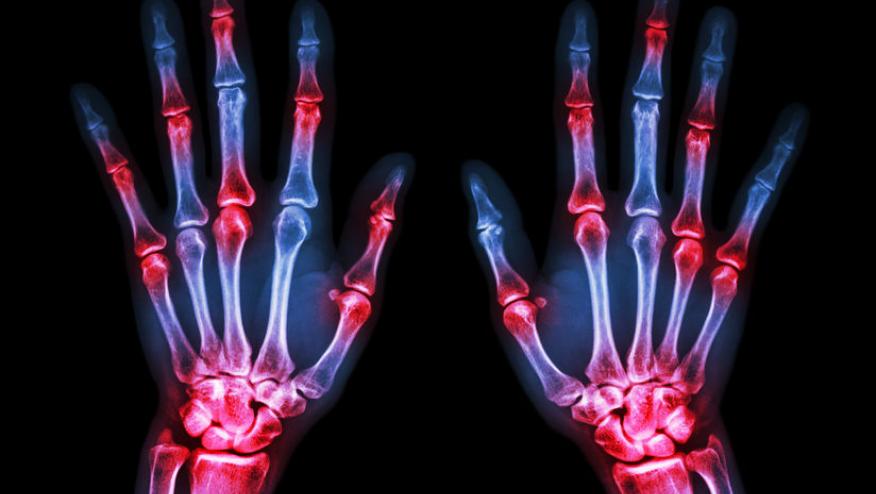Is Rheumatoid Arthritis Becoming Milder? Save

A 24 year, prospective study analyzing very early rheumatoid arthritis (RA) in three consecutive eras suggests that RA has evolved since 2005, demonstrating less seropositivity, inflammation, and erosions but is characterized by more comorbidity, smoking and corticosteroid use.
Data drawn from 840 early RA patients enrolled in the Early Undifferentiated Polyarthritis (EUPA) cohort looked at basedline characteristics during 3 successive periods - (1) prior to the general availability of biologics (1998-2004; 245 patients), (2) prior to the implantation of the 2010 classification criteria (2005-2010; 266 patients), and (3) the most recent decade (2011-2022; 329 patients).
While many baseline features and demographics were similar between groups (eg, BMI, TJC, mHAQ, shared epitope status, patient global assessment of disease activity, DMARD use), several key features showed evolutionary change.
Decreases seen
Active smoking (22% to 12%)
Seropositivity (54% to 42%)
CRP
Xray erosions (erosion score ≥ 5; 18% to 9%)
Increases seen
Comorbidities (CV, Cancer)
Symptom duration (2.9 to 4.1 mos)
Steroid use (18% to 33%).
RA appears to be evolving, with these noted changes at baseline, before any intervention, suggest ongoing secular trends may favorably affect outcomes in patients with early RA.
These findings were mirrored in a recent, 4 decade Mayo clinic study of 650 RA patients demonstrating that RA flare rates have also declined over time.










If you are a health practitioner, you may Login/Register to comment.
Due to the nature of these comment forums, only health practitioners are allowed to comment at this time.